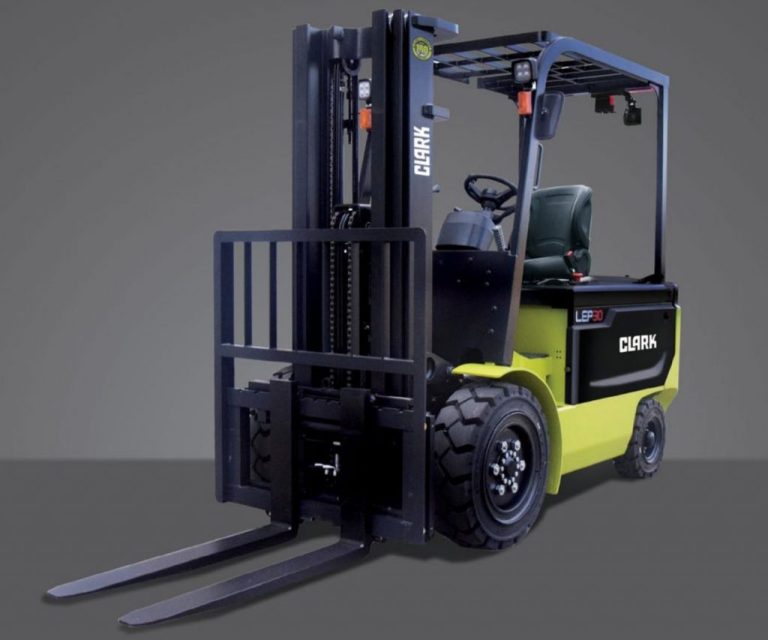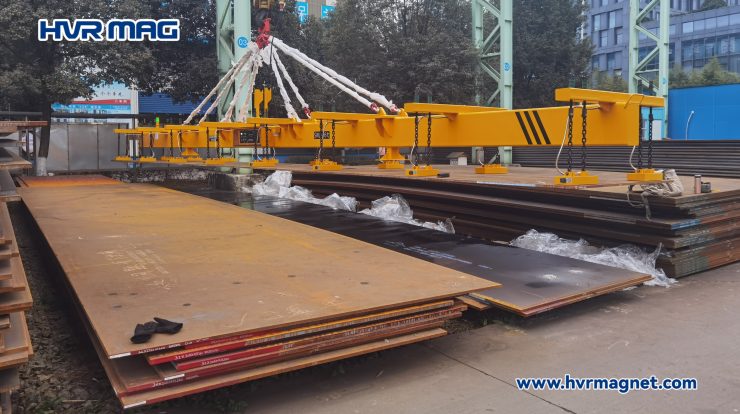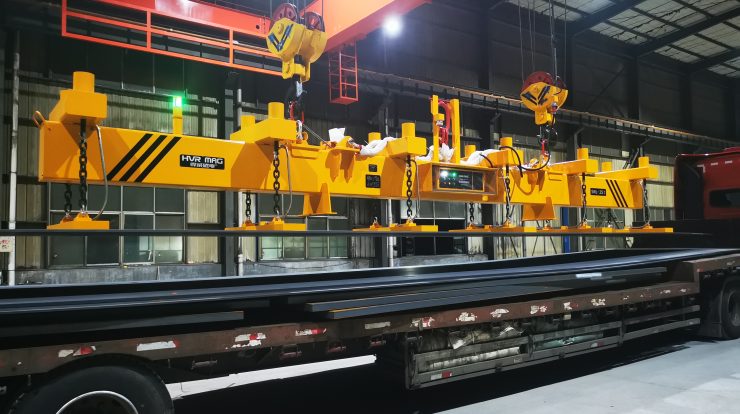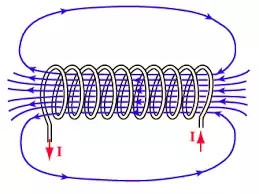Robotic Arm Synonyms & Its Pros and Cons
Synonyms of robotics
synonym of robotic
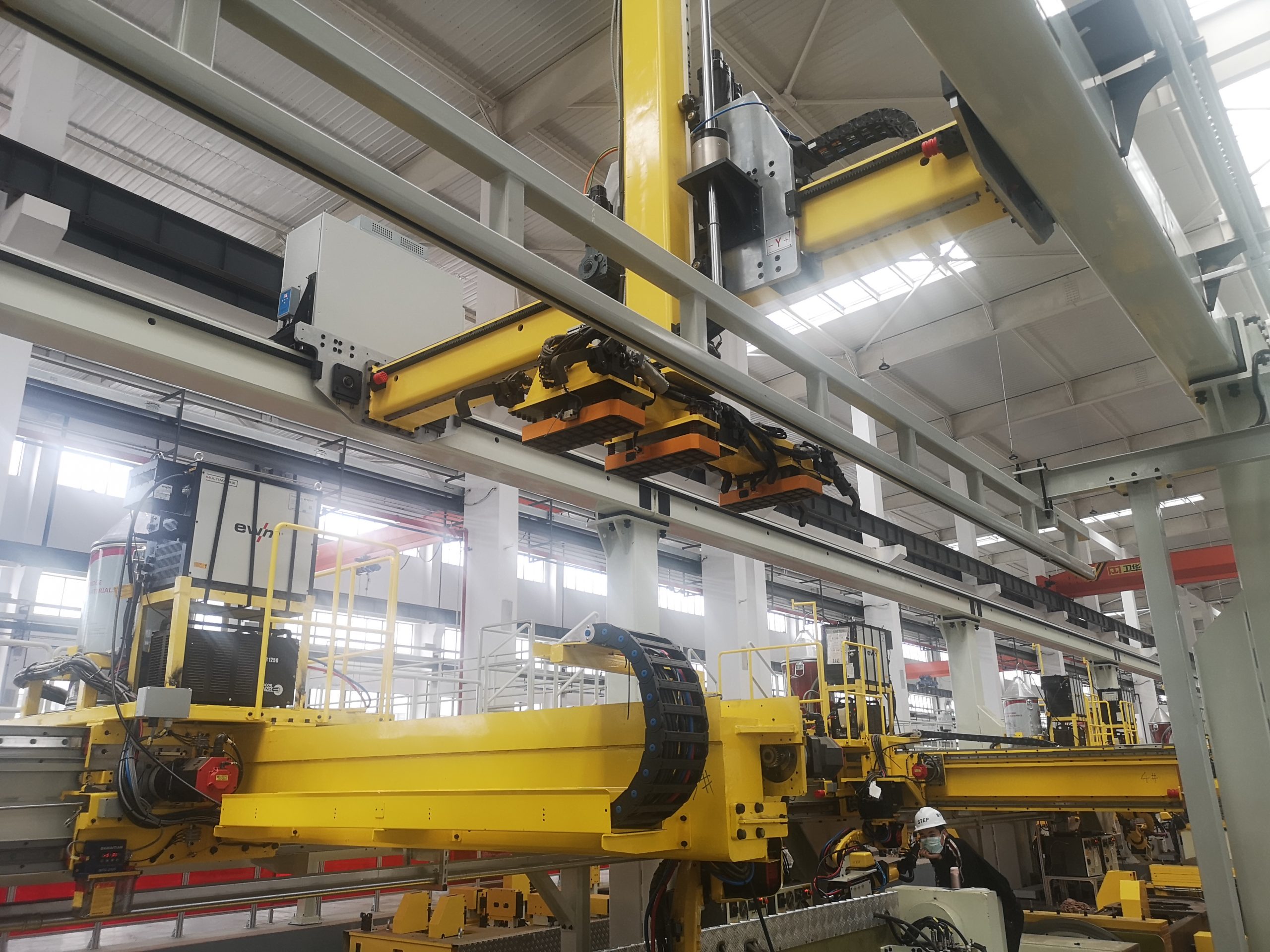
Robotic synonym
What is robotic synonym?
A synonym for “robotic” is “automated.” Both terms convey the idea of a system or process that is performed or controlled by machines or robots, without requiring direct human intervention.
What is robotic antonym?
The antonym of “robotic” is “human” or “manual.” While “robotic” refers to characteristics or actions associated with robots or automation, “human” or “manual” emphasizes the involvement of human control, intervention, or operation.
What Do You Call A Robotic Arm?
Robotically Synonym
There are several synonyms, like robot arm, robotic arm, manipulator arm, mechanical arm, etc.
What Is The Difference Between “Robotic Arm” and “Robot Arm”?
Basically these two terms mean the same thing. They are used interchangeably in practice.
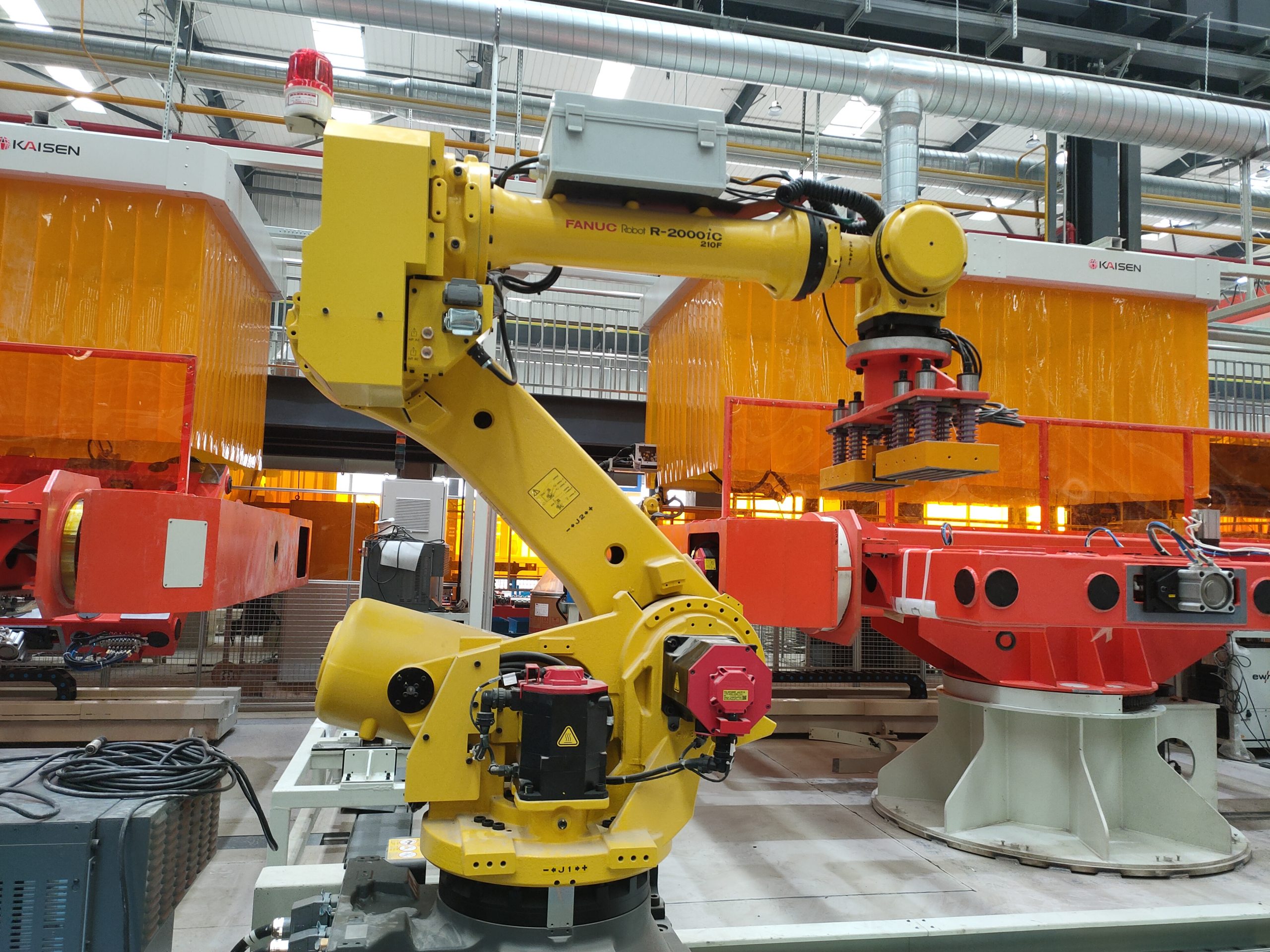
What Are the Pros and Cons of A Robotic Arm?
Synonym Robotic/Robotics Synonym
Roboic arms are used in many industrial applications such as assembly, loading/unloading, packaging, sorting, dispensing, sanding, and polishing, They have evolved to become more independent and sophisticated machines that not only share the workspace but are genuinely work partners with human beings.
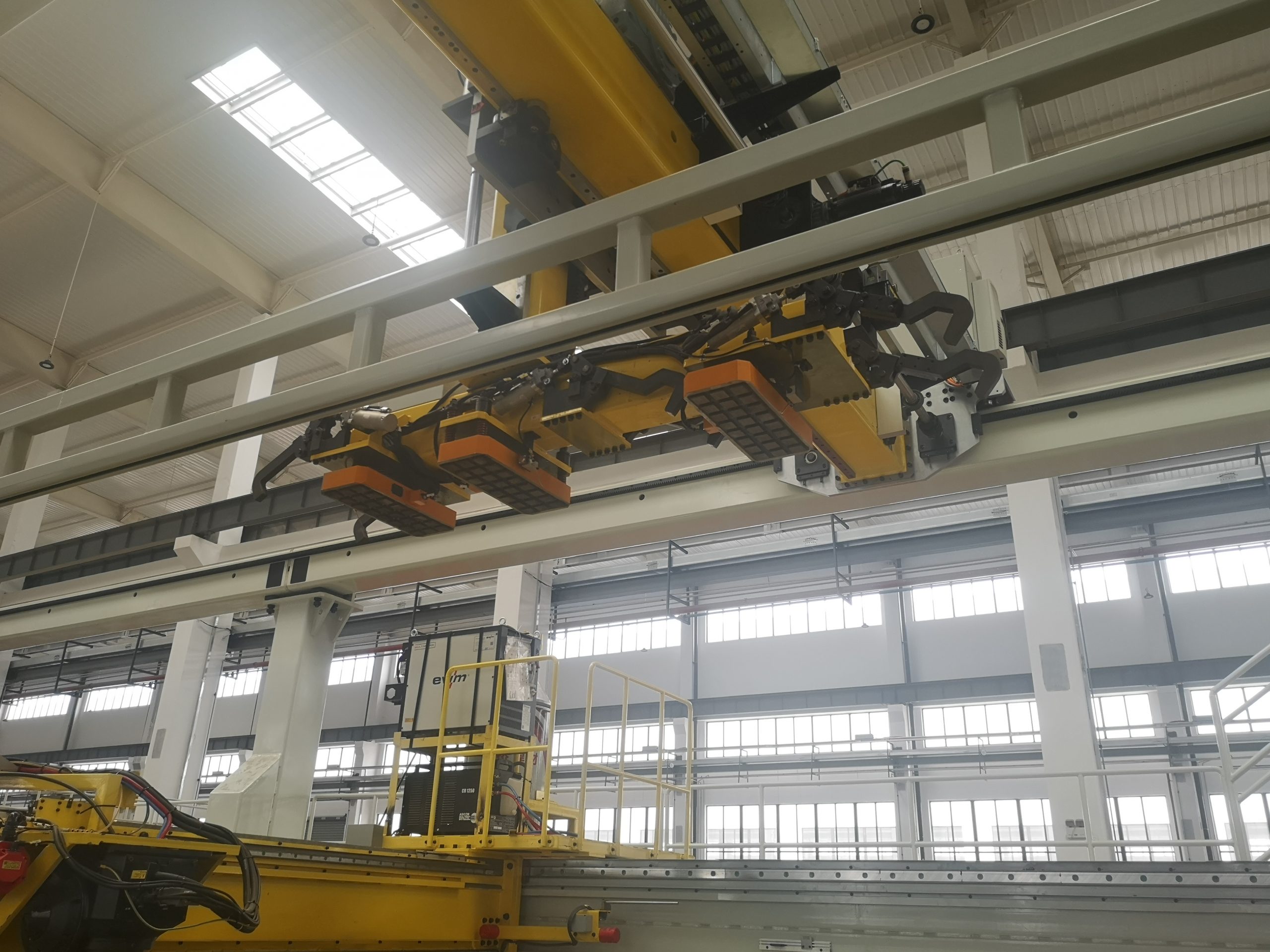
synonym for robotic
Synonym for Robots
Pros of Robotic Arms (listed but not limited to)
- They can perform intricate tasks that require a lot of dexterity & cause repetitive stress injury in humans,like heavy lifting duties or handle harmful toxic substances or extremely hot components
- Flexibility – they have the ability to work safely outside of a dedicated work cell means that people can augment the robot’s work (and vice versa), allowing the operations to realize higher productivity without either additional labor or extensive capital investment.
- Increased productivity- increase productivity & reduce labor costs; (Cobots only) no need to add security fence, can work in collaboration with a person on the same area.
- Precision and accuracy- can be programmed to do a lot of different tasks. Well, almost anything you can think of. Manipulation in any position and orientation (for robotic arms with at least 6 axis). You can make the robot do a lot of complex trajectories.
- Free workers up to perform more meaningful tasks
robotic synonyms/robotics synonyms
Robotic Synonyms
Cons of Robotic Arms in Industry (listed but not limited to)
- Dependant on electric power – as long as the power goes off, it won’t work.
- Requireconstant monitoring – have to be monitored at all times to ensure that they do not get any mechanical faults which would cause them to stall.
- Not creative or innovative – do not have the capacity to be creative or innovative. Robots can only complete tasks as they are instructed to through programming.
- Lack of touch sensitivity, corrosion damage, maintenance.
- Costly Initial installation.
Related question- Did Excavator have a robotic arm?
Excavators do not typically have robotic arms in the traditional sense of autonomous, programmable robotic arms. However, excavators are equipped with hydraulic arms, also known as booms or sticks, that can be controlled by an operator. These hydraulic arms allow for precise movement and manipulation of excavator attachments, such as buckets or hydraulic hammers, to perform various tasks like digging, lifting, and demolition. While they are not autonomous or programmable like robotic arms, hydraulic arms provide the necessary power and flexibility for excavators to carry out their intended functions under operator control.

Other Attachment for Excavator
Excavator Synonym
excavator hydraulic thumb
excavator hydraulic thumb
A hydraulic thumb is a versatile attachment designed for excavators that provides enhanced gripping capabilities. It utilizes hydraulic power to control the movement and positioning of the thumb, allowing operators to firmly grasp and manipulate objects of various sizes and shapes. The hydraulic thumb is commonly used in construction, forestry, and landscaping projects for tasks such as loading, lifting, and sorting materials. This attachment offers increased precision and efficiency, enabling operators to handle objects with ease and improve productivity on the job site.

Hydraulic hammers for excavators
A hydraulic breaker, sometimes referred to as a hydraulic hammer for excavators, is a strong add-on that is utilized to shatter through tough materials including rock, concrete, and asphalt. It is attached to the boom or arm of the excavator and produces powerful blows by means of the hydraulic system. A piston is used in the hammer mechanism to strike a chisel or moil point, applying tremendous energy that breaks and destroys the material. Hydraulic hammers are widely used in mining, quarrying, construction, and demolition operations because they offer accurate and efficient breaking capabilities that increase productivity and expedite excavation procedures.

Hydraulic Metal Shear
A hydraulic shear for an excavator is a powerful attachment designed to cut through various materials such as metal, concrete, and vegetation. It utilizes hydraulic power to deliver precise cutting force, making it ideal for demolition, recycling, and landscaping projects. The shear’s blades can be easily adjusted or replaced to accommodate different material thicknesses. With its ability to quickly and efficiently cut through tough materials, a hydraulic shear enhances the productivity and versatility of an excavator for a wide range of applications.

People also ask:
What is the meaning of the word hydraulics?
a branch of science that deals with practical applications (as the transmission of energy or the effects of flow) of liquid (as water) in motion
What is the base word of hydraulic?
Hydraulic systems are popular for use in heavy-duty machinery. It might seem odd that the original Greek word hydraulikós from which hydraulic comes referred to water (hydra) and also to a musical instrument made from a hollow tube (aulos).
Why is it called hydraulic?
Hydraulics (from Ancient Greek ὕδωρ (húdōr) ‘water’, and αὐλός (aulós) ‘pipe‘) is a technology and applied science using engineering, chemistry, and other sciences involving the mechanical properties and use of liquids.
Why is hydraulic so strong?
This pressure is due to the incompressibility of liquids which enables greater power transfer with increased efficiency as energy is not lost to compression, except in the case where air gets into hydraulic lines. Fluids used in hydraulics may lubricate, cool, and transmit power as well
Why is hydraulic better?
The pump is usually more efficient in a hydraulic system than a pneumatic system. This efficiency depends on the system’s ability to maintain the same hydraulic fluid viscosity across various temperatures. This attribute determines the power consumed and the work output of your system.

